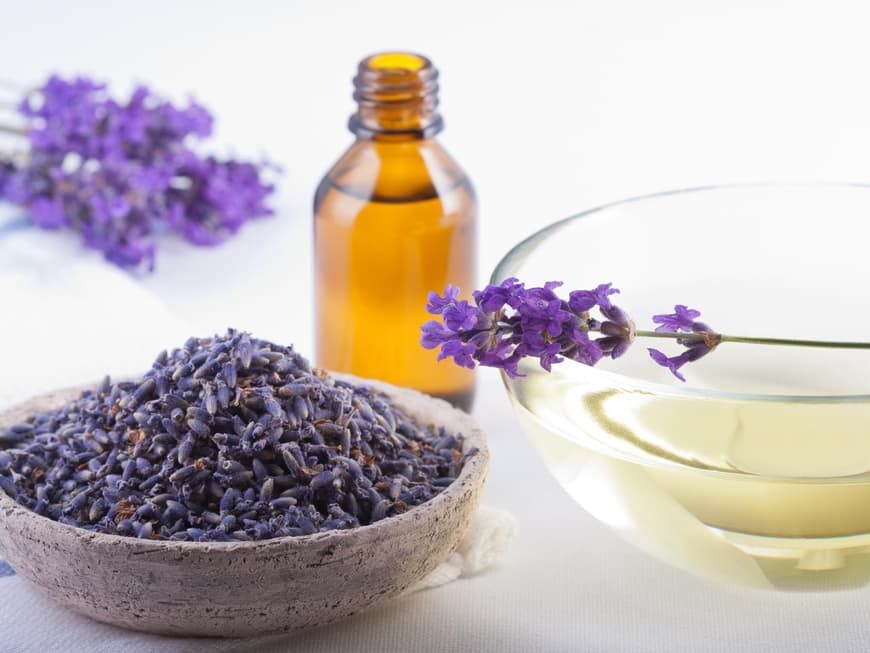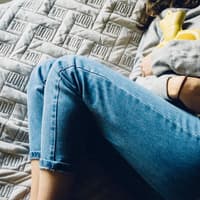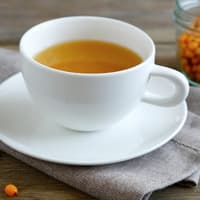
Hildegard von Bingen (1098 to 1179) also knew that lavender is more than just a pretty flower. She recommended it against lice and for clear eyes. The Romans used it as a bath additive, which is where its name comes from: "Lavare" means "to wash" in Latin.
Calms nerves and helps you sleep better
True lavender has a calming, antispasmodic and antiseptic effect. It is mainly used to calm nerves, combat stress, migraines and for sleep problems. If you put a few drops of lavender oil on your pillow, you will sleep more deeply. It is also an insider tip among long-distance travelers who have to get used to a different day-night rhythm to help them fall asleep better. If the scent is too strong for you, oral preparations from the pharmacy (e.g. Lasea) also help with sleep disorders, anxiety and inner restlessness. The calming effect of lavender has now been scientifically documented.
A few drops on the skin provide healing
Lavender essential oil helps with almost any ailment: Burns, skin abrasions, cuts, bruises, inflammations or even insect bites. A few drops on the affected area ensure rapid healing. As a bath additive, it is used for sore muscles, gout, sciatica and rheumatism. If you don't want to use one of the numerous ready-made products, you can also boil a cup of lavender flowers (pharmacy) with a liter of water, sieve and then add to the hot bath water.
As a tea, the blue herb alleviates stomach complaints
The blue herb also has a beneficial effect internally. As a tea, it helps against flatulence and gastrointestinal complaints and stimulates the appetite. In the evening before going to bed, a hot lavender tea is good for calming the nerves and is a great nightcap. To make a cup, leave a teaspoon of the flowers to infuse for five minutes. The water should not be too hot, otherwise the ingredients will be destroyed. However, experts recommend drinking no more than two cups a day, as lavender can irritate the mucous membranes. Lavender tea should also not be drunk over a longer period of time, as the effect weakens through habituation.






